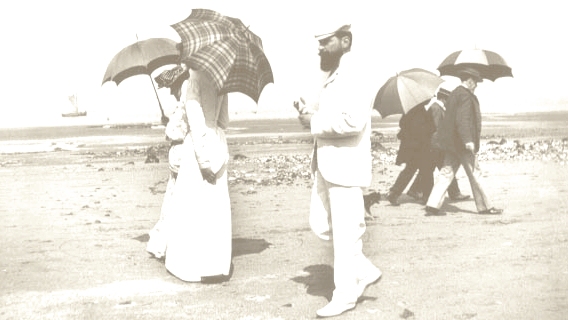the trial of Warren Hastings
"Those who could not raise the money were most cruelly tortured: cords were drawn tight round their fingers, till the flesh of the four on each hand was actually incorporated, and became one solid mass: the fingers were then separated again by wedges of iron and wood driven between them. Others were tied two and two by the feet, and thrown across a wooden bar, upon which they hung, with their feet uppermost; they were then beat on the soles of the feet, till their toenails droped off. They were afterwards beat about the head till the blood gushed out at the mouth, nose and ear; they were also flogged upon the naked body with bamboo canes, and prickly bushes, and, above all, with some poisonous weeds, which were of a most caustic nature, and burnt at every touch."
—Morbid Fact Du Jour 10.13.03
Ω{So I was debating whether or not and how to put up the biography of Jane Austen I've been reading, last night in fact, trying to marshall the perspicuity to do it justice, it's a warm, loving, and agile book, like being at an Aunt's house you know well and know she loves you and she loves the things she sets before you out of love for you and for the things themselves.
So then there was this. Hastings was the cuckolder of Austen's uncle, almost certainly the father of her cousin by her father's (married to another) sister. It's important to Austen's life story because it elevates the cousin, Hastings being a man of considerable wealth and position, and the cousin a close member of the extended Austen family.
My own biography is such that my sympathies for Austen, which Claire Tomalin has secured in perpetuity, in this context seem connected to or excusing of the cuckoldry and 'poisonous weeds' of Hastings. But truth to tell the author of 'Sense and Sensibility' had no direct connection to that colonial backwash, other than being alive, and in her social place by birth in contemporary England. One of her closest non-relative friends seems to have been a servant, Anne Sharpe. And her work has achieved more lasting gain in the awakening to, and restructuring of, an inequitable social contract, than many more directly confrontational authors'.
Tomalin's prose lilts:
'They would still be writing to one another, the sort of cheerful informative letters their mother wrote to her friends and relations; but the significant adventure of their lives—the brief, high moment which set a young woman at the centre of the stage and saw her determine her future by her actions—would have been accomplished long since and passed into history.'
In addition, Ms. Tomalin supplies a reference to Robert Bage's Hermsprong; or, Man As He Is Not, which can be found online, entire, free as the library ever was.
'If human nature be always the same, it cannot have changed much since Mr. Addison's time; and there may still be readers who will peruse a book with more satisfaction, when they know something of its author. The question now, perhaps, would not be so much, whether he is tall or short, round faced or long; as, How does he dress? Is he a person of any fashion? What his rank? What his condition? But before I reply to these interrogatories, I must answer another species of curiosity, which may, especially after perusal, arise in the minds of some readers: Why did he write at all?'
Hermsprong VOL. 1, chap. 1




